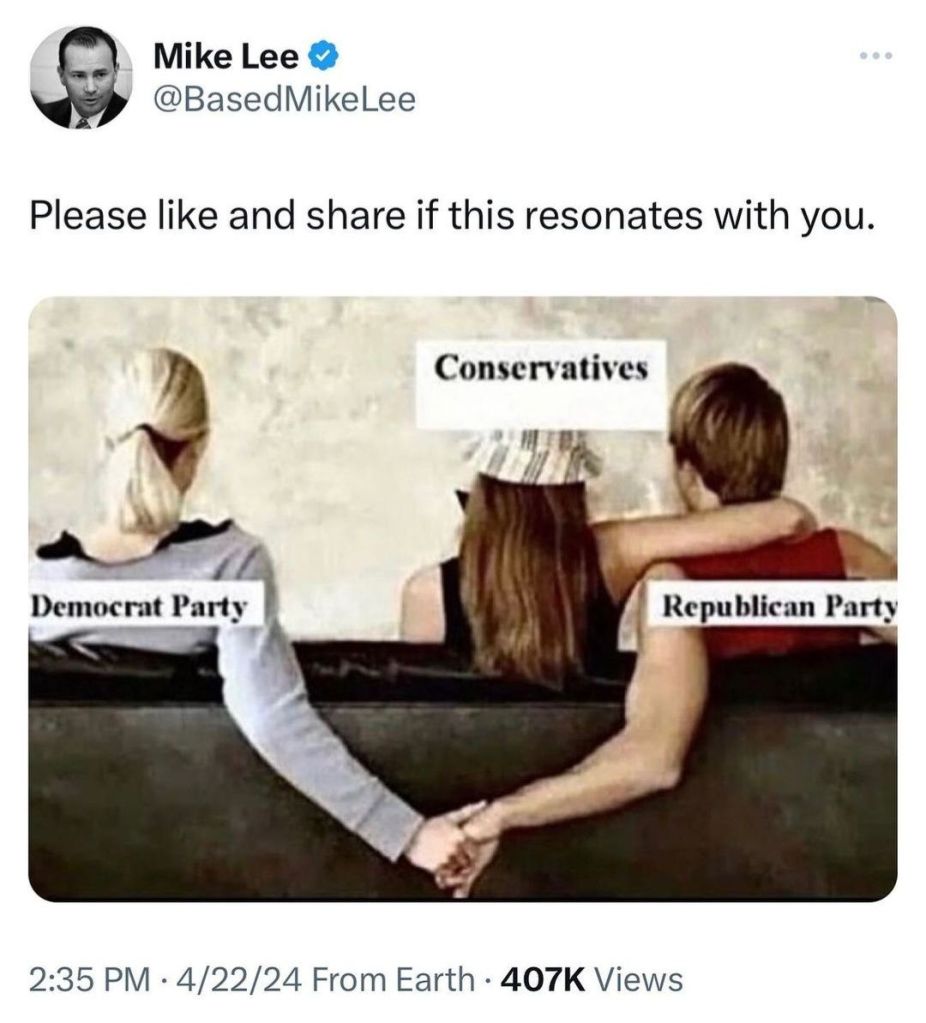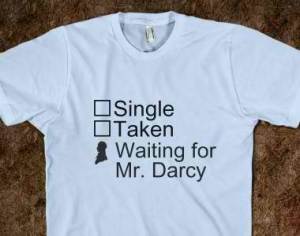Addendum: Hearthrose has added some meat to the bones of this post. You should visit her and give it a read.
This continuation of my thoughts on my love-hate relationship with Twitter was inspired by an article I recently read which outlined the discouraging experience Lauren Southern purportedly lived through. This was in part, she noted, because she patterned her life and actions as a wife on talking points she learned from right wing influencers -of both sexes- on Twitter. Her now shipwrecked marriage was not helped, she says, by any of the marry quick, be uber submissisve, stay at home mom stuff she was told would unlock the doors to her happily ever after. To which all of it I offer a deep, sad, sigh. You can read the entire article here, but this is the quote that jumped out at me:
It was, she says, “an embarrassing wake up call, finding myself consistently applying these rules and instructions I found on Twitter, and then never getting the results they were supposed to get, in the real realm of relationships”.
As a relatively anonymous commentator who, in my past life, contributed to the noise of perfect wifehood commentary, I know what Southern is referring to. Much of it is actually propagated by three general groups of people: women who are not practicing what they preach, unmarried men who have zero marriage experience accompanied closely by unhappily married men, and armchair theologians who are far more versed in eisegesis than exegesis, with no understanding of the difference between the two.
When I first entered the anti-feminist Internet over 15 years ago, I was already staunchly anti-feminist almost from birth (thanks, dad!). Nevertheless, I found myself questioning my quality as a wife and mother: whether I was modest enough, submissive enough, or productive enough. Thankfully, unlike so many modern men, I am married to a man who wasted no time telling me to “knock it off”, “wear some jeans”, “say what you think”, and my personal favorite, “Your job is actually whatever I say it is, and no one else”.
You see, what Ms. Southern failed to recognize was that however well-meaning her social media influencer friends are, they don’t have to live her life. She does.
This is my final word on the matter: life is messy. People are even messier. Worse yet, we’re sinful as well as messy. A relationship will not work like some algebra proof or IBM machine where you plug in certain variables and are assured of certain results. The principles of submission, physical openness, keeping the home, and extolling motherhood are bedrock, even sacrosanct. However, their application is often as varied as there are types of couples.
For example, I was raised by a strong,dominant father who knew what he wanted, said what he wanted, and expected to be obeyed as the head of his house. The last thing he wanted was a shrinking violet for a wife. I married a man just like him. A strong man does not want a weak wife. This is just an example based on my personal experience. It is not meant as a prescription to anyone else. Understand what makes you own man and marriage tick.
The point of this post is just a friendly reminder. Yes, there is lots of good information on the Internet. You can find great recipes, how-to videos, the veneer of camaraderie, and even on rare occasion, make a true friend. But life is lived among people of flesh and blood. The pixels and words on the screen are a poor substitute for reality. No matter how good something sounds online, it’s two dimensional, and it’ll never replace sound counsel from those who know you, love you, and whom you know have accomplished the things you hope to achieve.
Because you’ve seen it with your own eyes.












